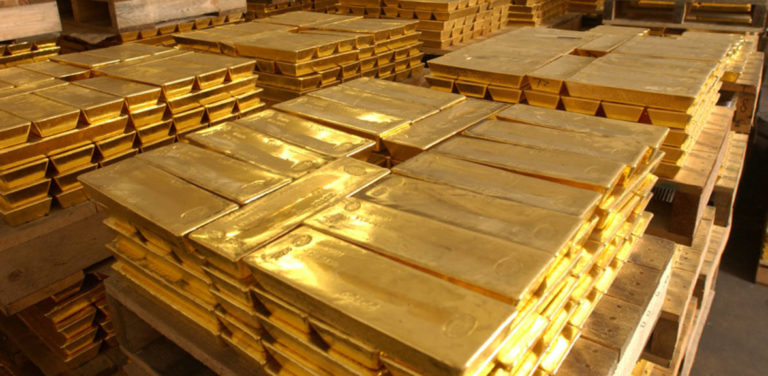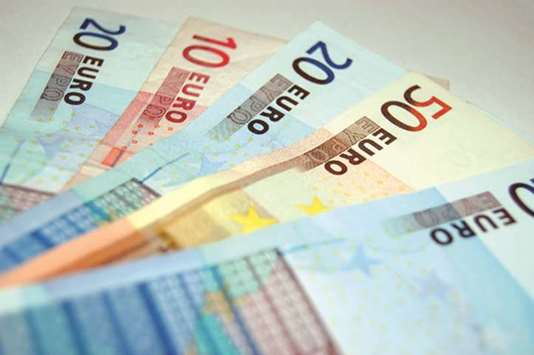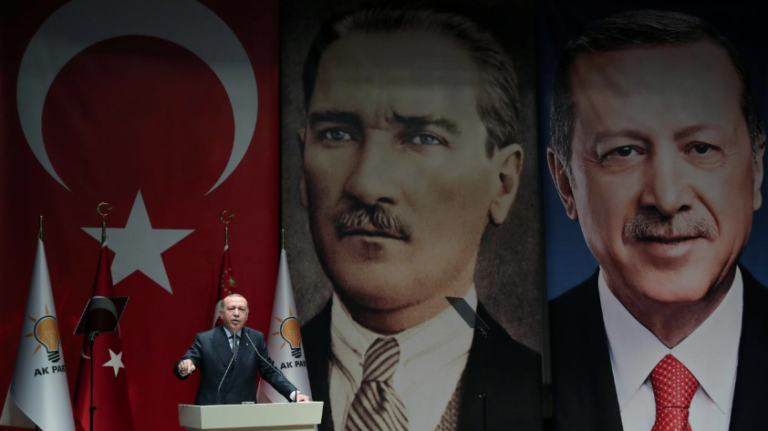ISTANBUL (Reuters) – Turkey is freezing new government investment projects, President Tayyip Erdogan said on Friday, to rein in spending and stem double-digit inflation after a 15-year construction boom fueled by debt.
His comments, a day after the central bank hiked interest rates by a mammoth 6.25 percentage points, mark the clearest signal yet that the government may suspend some of the big-ticket bridges, ports and railway projects that have typified Turkey’s transformation under Erdogan.
But it remains to be seen if the move, like the central bank’s greater-than-expected tightening, will be enough to mollify investors, who have helped send the lira TRYTOM=D3 down by 40 percent against the dollar this year.
Financial markets have long been concerned about Erdogan’s control over monetary policy, which they say has undermined the central bank’s ability to fight inflation, now at 18 percent. He has described himself as an “enemy of interest rates”.
“We are not considering any fresh investments right now,” Erdogan said in a speech on Friday. “There could be extraordinary and must-do investments, that’s another issue, but apart from this, we will start looking (at investments)”.
Projects that are more than 70 percent complete will be finished, he added, but “all our ministries will be reviewing the investment stocks they have and will conduct their work by prioritizing.”
In a decade and a half in power, Erdogan and his government have built bridges, power plants and hospitals and improved the lives of millions of lower-income, pious Turks. But some of his more ambitious mega-projects have drawn a backlash for their excessive cost and their impact on the environment.
Istanbul’s third airport is due to be one of the largest in the world when it opens in October.
Erdogan has also announced plans for a 45-kilometre (28 mile) canal that would turn the western side of Istanbul into an island and is estimated to cost around $16 billion.
The president did not say whether the canal would be among the projects frozen.
BIG HIKE
The lira TRYTOM=D3 was trading around 6.100 on Friday, a day after the central bank announced the biggest hike in its benchmark interest rate in more than a decade, to 24 percent.
Finance Minister Berat Albayrak, who will announce details of a medium-term economic plan next week, has promised cost-cutting measures and more efficient spending.
“Just a rate hike is not enough,” said Charles Robertson, Renaissance Capital’s global chief economist and head of macro-strategy, saying that Turkey needed to publish stress test parameters of banks and details of fiscal tightening, as well as secure external funding.
“The economy is entering recession, interest rates will be hurting, so the more they do to improve investor sentiment, the better.”
Erdogan also made clear on Friday his continued hostility to higher borrowing costs.
“Yesterday the central bank carried out the much talked about interest rate hike… Now we will see the result of (central bank) independence,” he said.
“Right now, personally, I am being patient, but my patience has its limits because we can’t accept a lever of exploitation.”
The slide in the lira in July and August, combined with rising fuel and energy costs, pushed up the prices of many goods, but Erdogan urged private sector companies to keep producing and said authorities would not tolerate stockpiling.
“Plenty of people who stockpile have emerged. Our interior ministry and finance ministry will be giving the necessary answer to these people… by carrying out raids,” he said.










